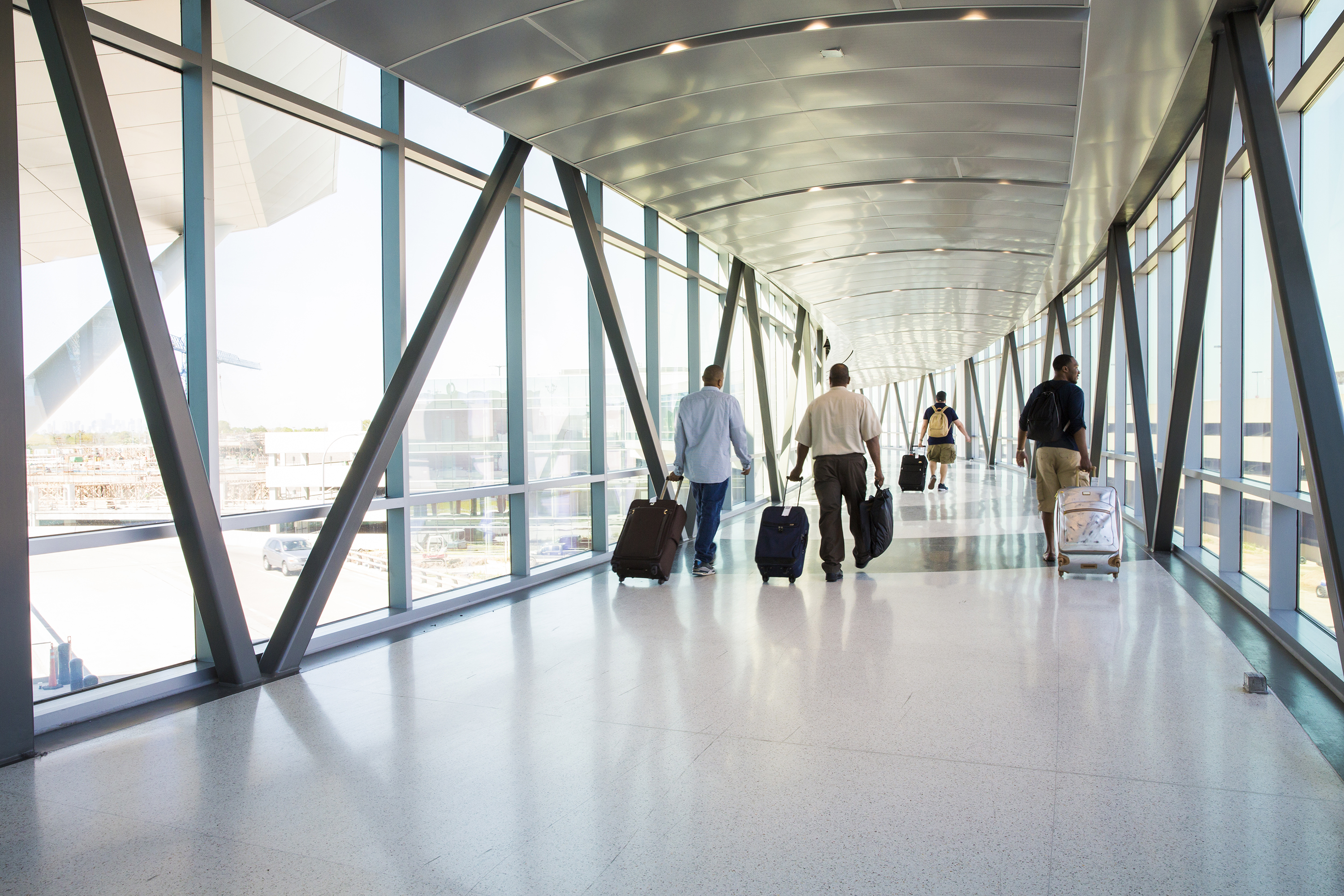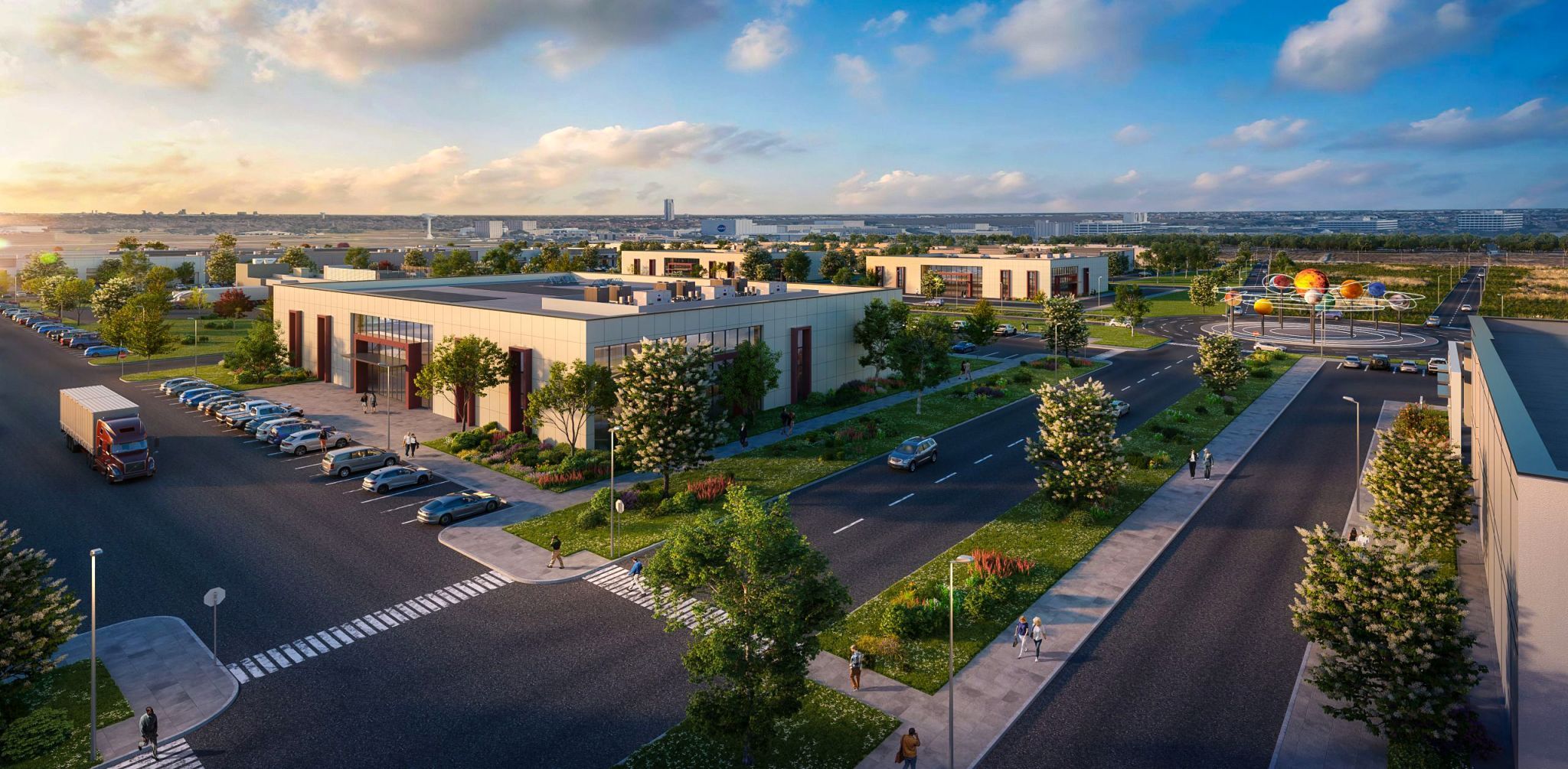International Business Month: Intl. Air Travel Through Houston on the Rebound
Published May 13, 2022 by A.J. Mistretta
Houston is the only Texas city with two international airports and one of only a handful of such cities across the country. That’s meant big business for George Bush Intercontinental and Hobby airports through the years, with the two facilities and their carriers serving well over 60 international destinations in 36 countries around the world.
But the pandemic ground much of that to a halt. In January 2020, the Houston Airport System logged more than 33,000 international passengers a day. That dropped to fewer than 100 passengers a day in March and didn’t really begin to recover until late in 2020.
As a major gateway to Mexico, Houston’s airports have benefited from that country’s more lax COVID protocols that have prompted U.S. passengers to flock south of the border. As of March of this year, traffic from Houston to Mexico was up nearly 120% compared with pre-pandemic levels. However, broader long-haul traffic from Houston to destinations in Europe, East Asia and South America remains about 40% below pre-pandemic levels.
In 2021, the Houston Airport System handled 7.3 million international passengers, a major improvement from the 3.9 million who traveled through the local airports in 2020. But that was still well below the levels experienced pre-pandemic when the system handled 12 million international passengers in 2019. By March of this year, international passenger traffic was about 27% below the monthly totals in 2019 and officials expect the gap will continue to narrow in the months ahead barring a major resurgence in infections and a resumption of tighter protocols.
Anticipating continued growth, capital projects at the airports are in the works to improve the passenger experience and traffic efficiency. At Bush Intercontinental the IAH Terminal Redevelopment Program is reimagining parts of the facility, including a Terminal D renovation, construction of a new pier and a new processing facility for international departures with automated features. Parts of the redevelopment will be complete in 2023 with the remainder slated for 2024.
Over at Hobby Airport, the Houston City Council recently approved $20 million in funding that will help the airport’s largest carrier, Southwest Airlines, expand its footprint. Southwest will foot most of the $250 million cost to construct seven new gates on Hobby’s west concourse. Southwest will operate six of the gates and Hobby will be able to designate which airlines can use the seventh gate. The ambitious plan is the largest at Hobby since the completion of the international terminal in 2015. The new project is in early stages and officials say there’s no clear timeline yet for completion.
Get more details on international business through Houston at a our State of Houston’s Global Economy event on May 20. You’ll also receive the Global Houston publication, which includes an analysis of international trends affecting this region and our top trade partners around the world.
 The Houston Report
The Houston Report




















